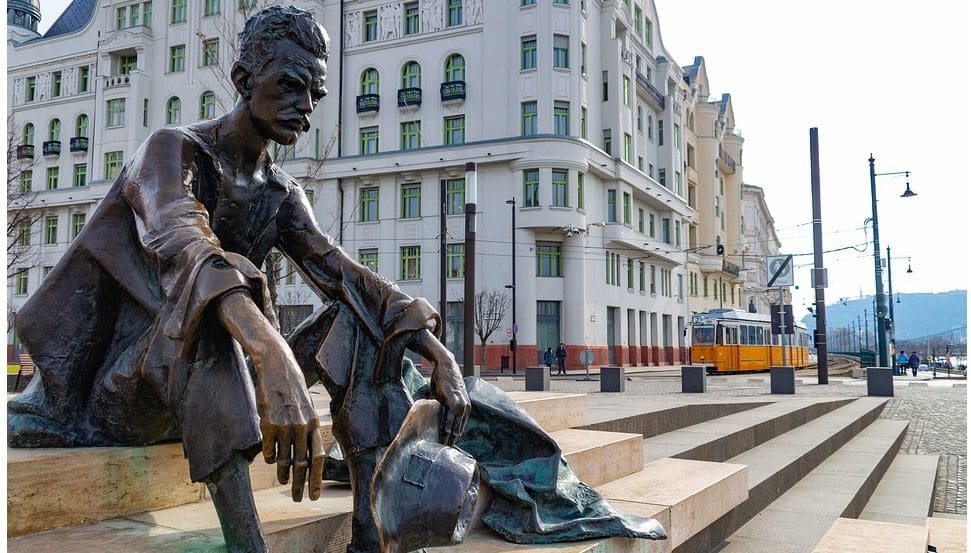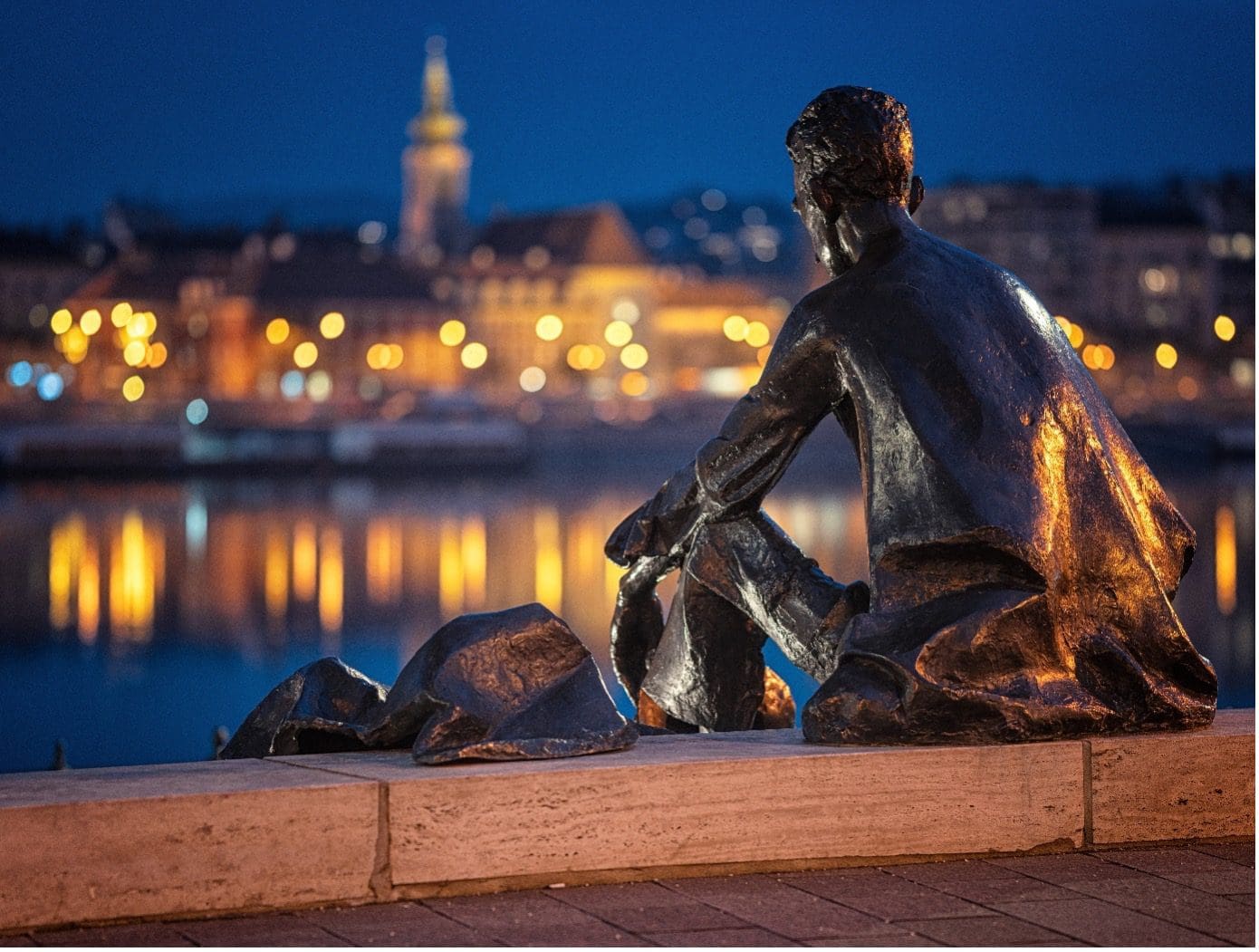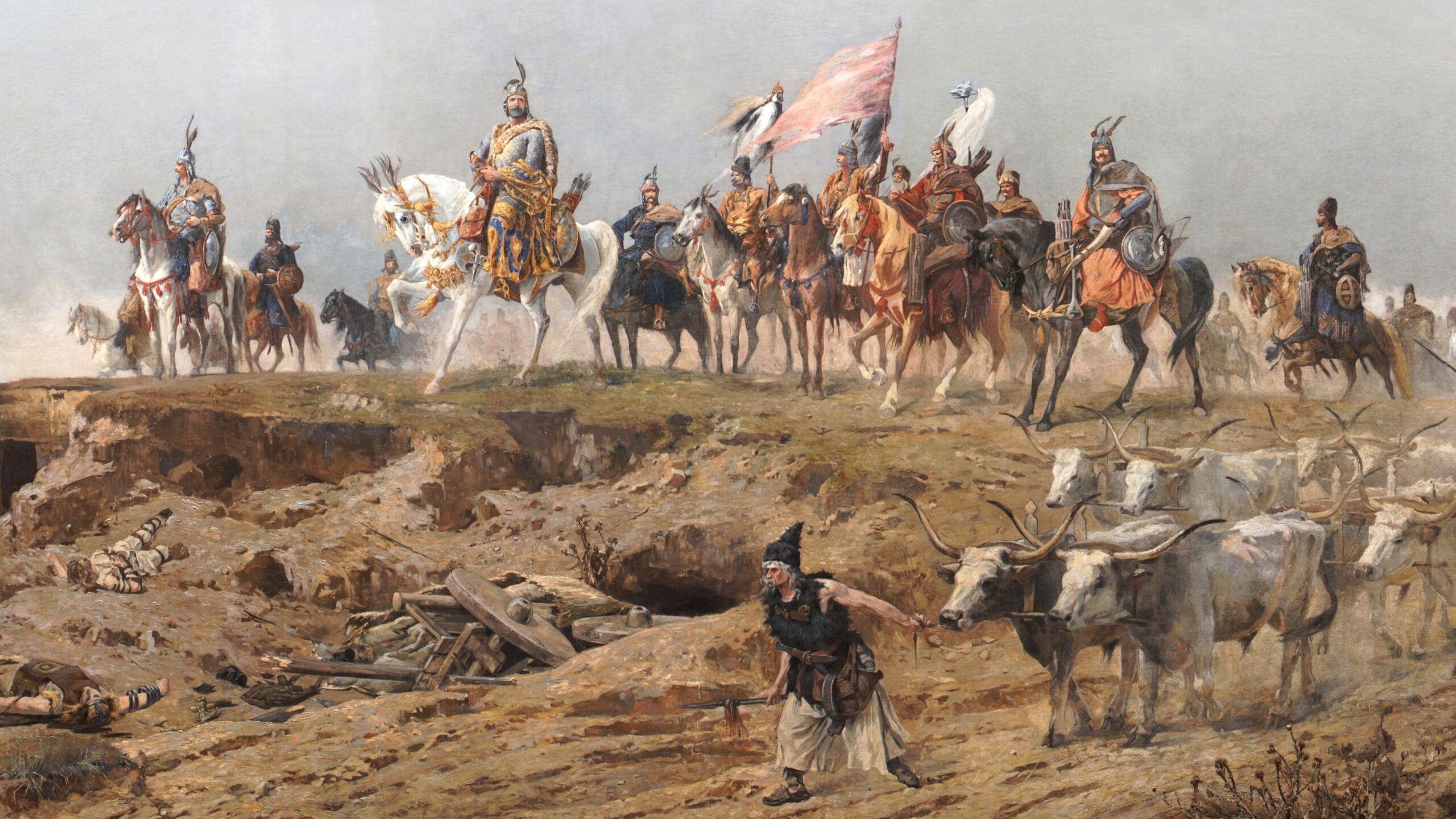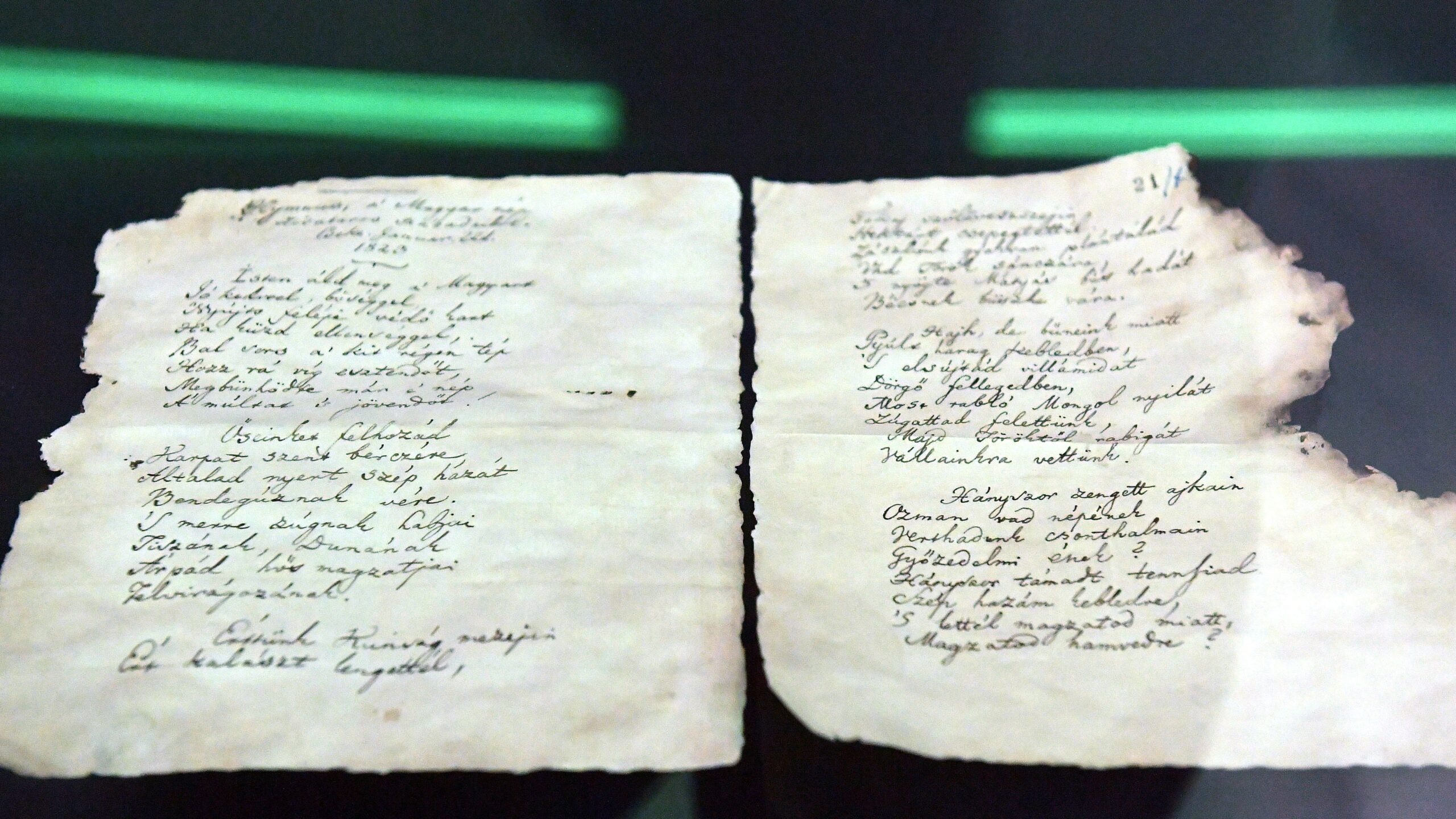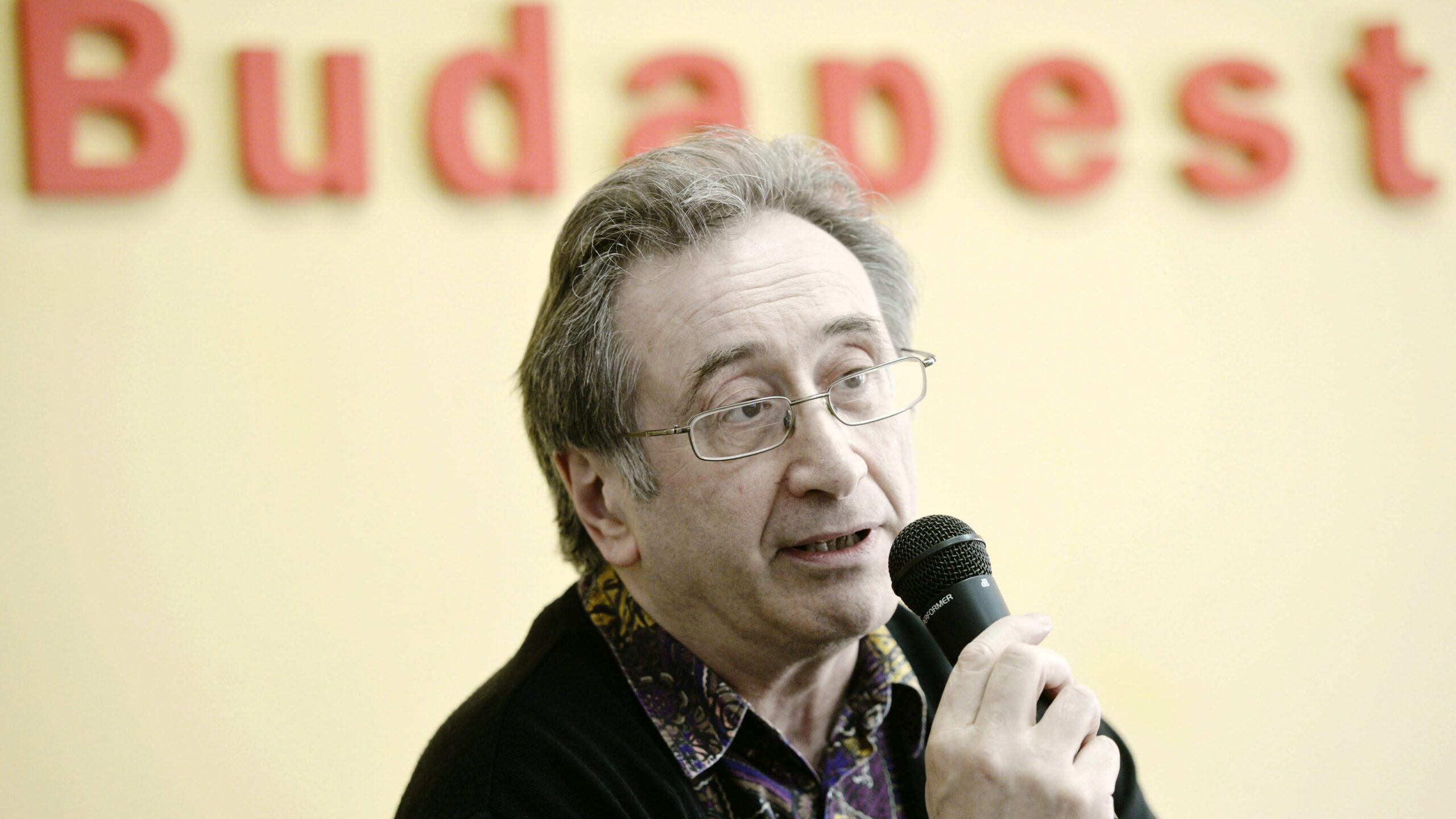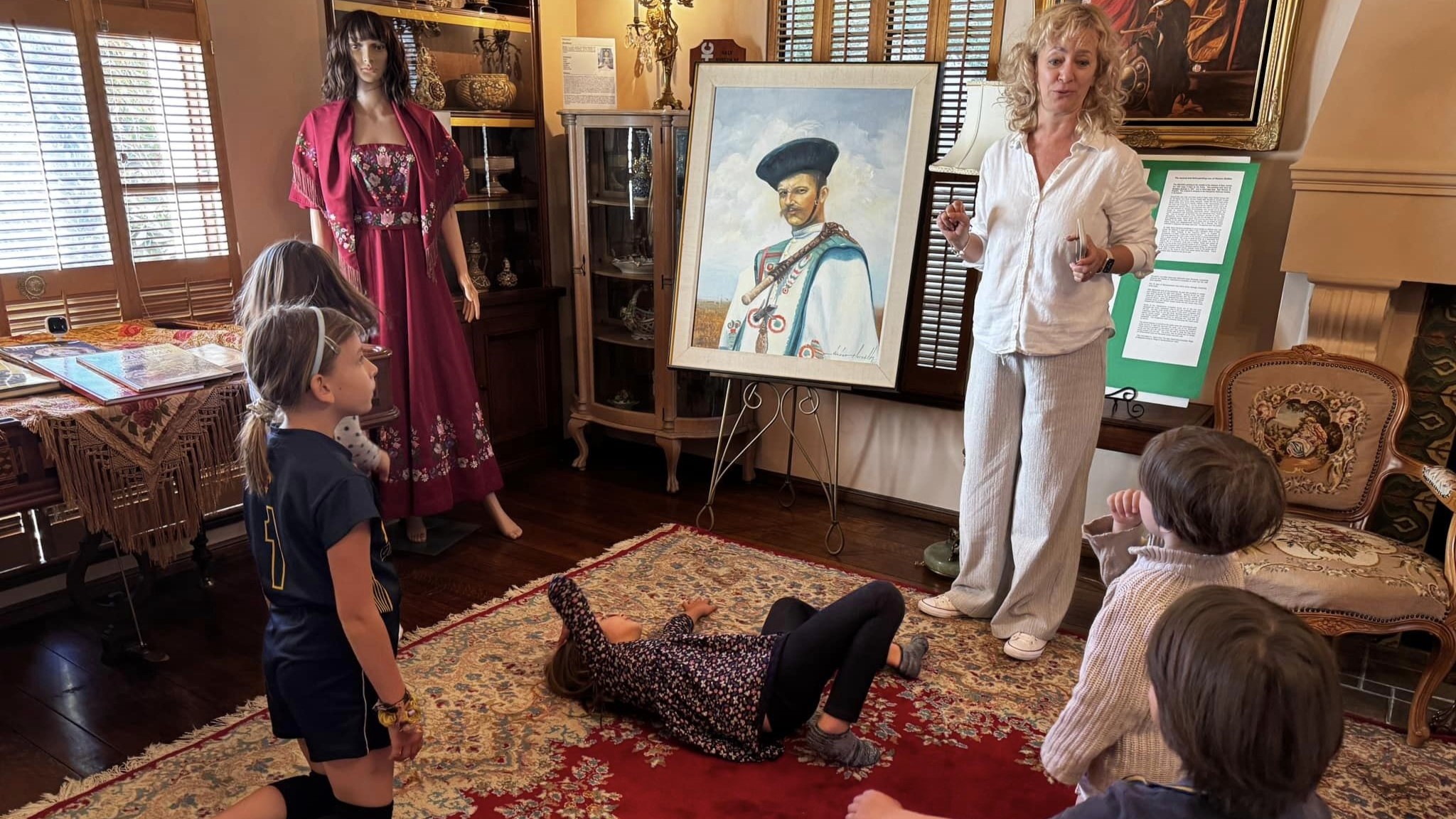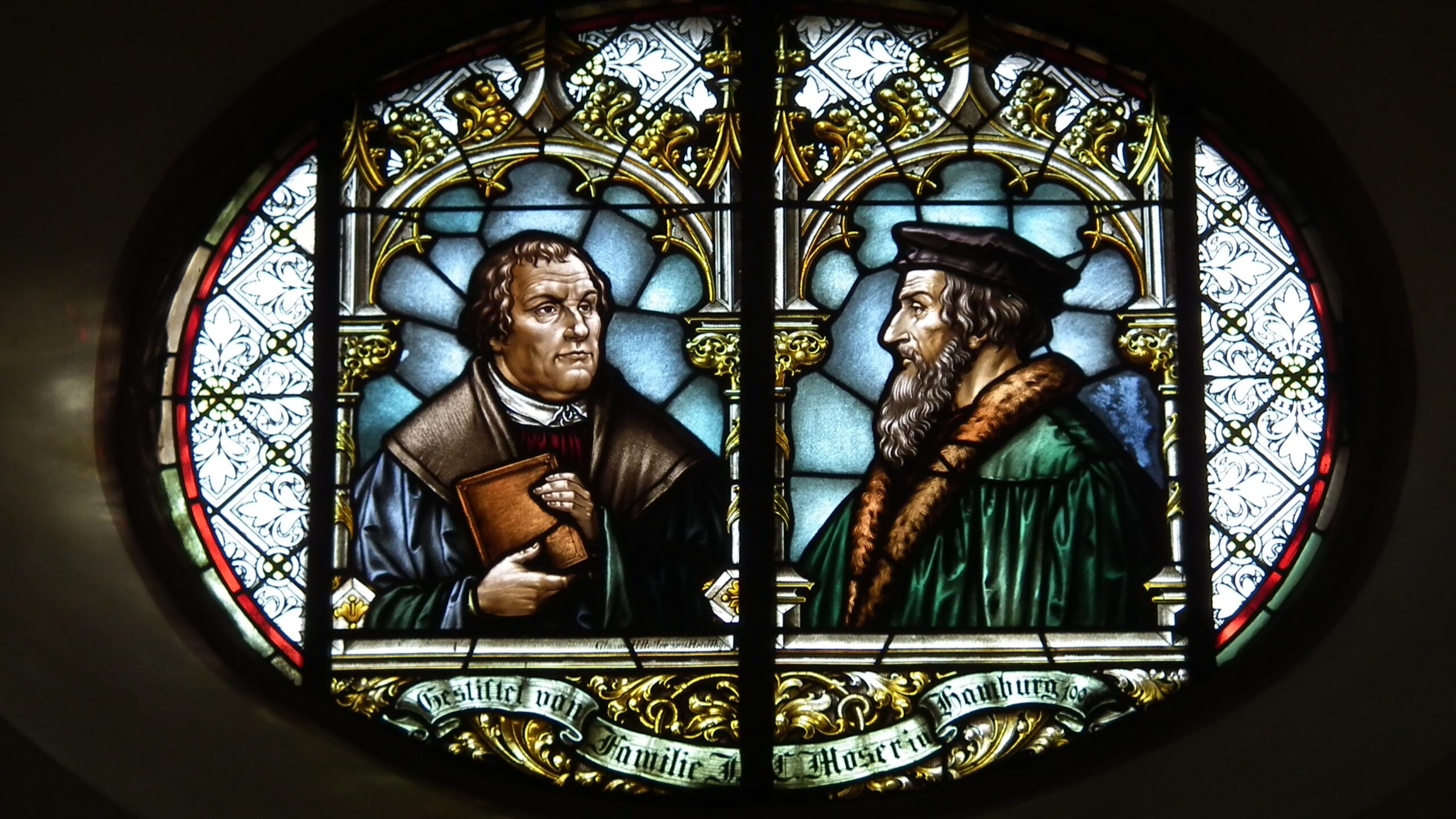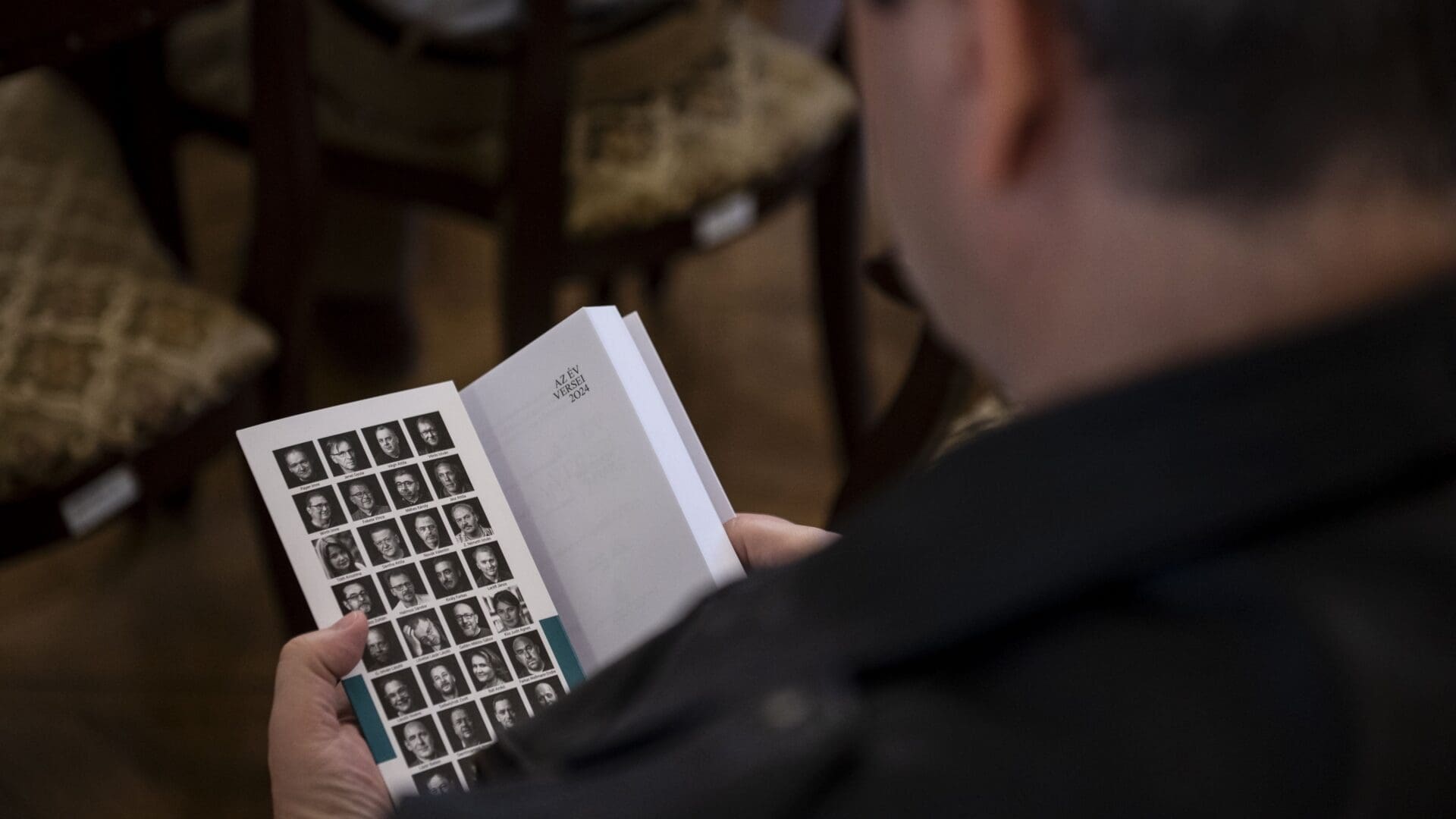
Celebrating the Day of Hungarian Poetry
The Day of Hungarian Poetry, celebrated annually on 11 April since 1964, honours the nation’s rich literary heritage and the enduring contributions of its poets, both past and present. From public transport recitations to literary gatherings, this vibrant celebration unites Hungarians in a shared appreciation for the power of language and the timeless themes of human experience captured in poetry.

